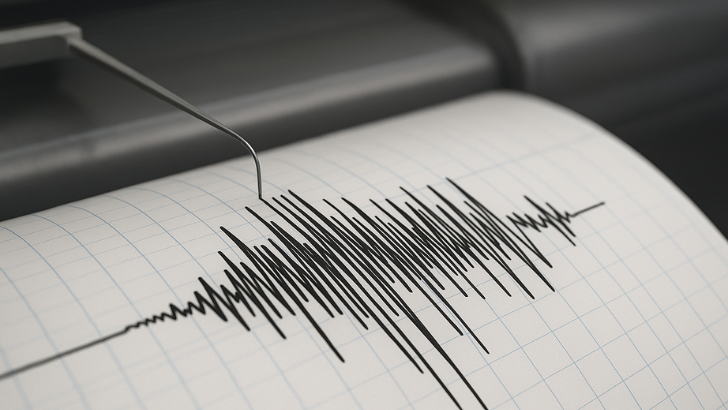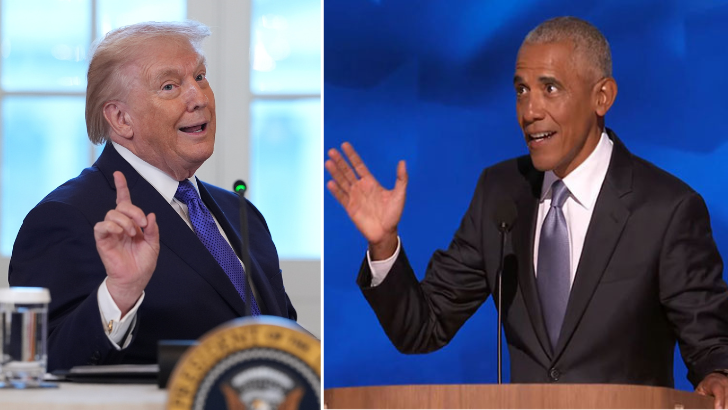Israel's plan to take over Gaza City stirs fears for civilians and hostages
Israel's air and ground war has killed tens of thousands of people in Gaza, displaced most of the population, destroyed vast areas and pushed the territory toward famine.
PTI
-
Children play at a tent camp for displaced Palestinians in Gaza City (PTI)
Jerusalem, 9 August
Israel's decision to intensify its 22-month war with Hamas by taking
over Gaza City has stirred fears for Palestinian civilians and Israeli hostages
still held in Gaza, and renewed international pressure for an end to the
conflict.
Israel's air and ground war has killed tens of thousands of people in Gaza, displaced most of the population, destroyed vast areas and pushed the
territory toward famine. The timing of another major ground operation is
unclear. It will likely require mobilising thousands of troops and forcibly
evacuating civilians, almost certainly worsening Gaza's humanitarian crisis.
An official familiar with the plans to take over Gaza City said the
operation would be “gradual” and that there is no start date. The official
spoke on condition of anonymity to discuss sensitive matters.
The UN Security Council announced an emergency meeting on Israel's plans
was rescheduled to 10am EDT on Sunday after originally being scheduled to take
place at 3pm EDT on Saturday.
The UN Mission of Panama, which holds the council presidency this month,
provided no details, but Saturday is the Jewish Sabbath and Israel is certain
to want to speak at the meeting.
Mediators from Egypt and Qatar are preparing a new framework that will
include the release of all hostages — dead and alive — in one
go, in return for an end of the war in Gaza and the withdrawal of Israeli
forces from the strip, two Arab officials told The Associated Press.
Before Israel's Security Cabinet approved the plan to take over Gaza
City, Prime Minister Benjamin Netanyahu had outlined more sweeping plans on
Thursday in an interview with Fox News, saying Israel planned to take control
of all of Gaza. Israel already controls around three-quarters of the territory.
Hamas rejected Israel's plans. “Expanding of aggression against our
Palestinian people will not be a walk in the park,” the group said in a
statement.
Netanyahu had signalled
plans for even broader war
International powers, including Israeli allies France, Britain and
Canada, have stepped up criticism of the war amid mounting shock over media reports showing starvation.
Germany said on Friday it would not authorise the export of military
equipment that could be used in Gaza until further notice.
Tensions could rise further if Netanyahu follows through on the more
sweeping plans to take control of the entire territory, two decades after
Israel's unilateral withdrawal.
Israel's new plan may be aimed in part at pressuring Hamas to accept a
ceasefire on Israel's terms.
It may also reflect the reservations of Israel's military chief of
staff, Lt Gen Eyal Zamir, who reportedly warned that expanding operations would
endanger the remaining 20 or so living hostages held by Hamas and further
strain Israel's army after nearly two years of regional wars.
The military “will prepare to take control of Gaza City while providing
humanitarian aid to the civilian population outside the combat zones,”
Netanyahu's office said in a statement after the Security Cabinet meeting.
Amir Avivi, a retired brigadier general and chairman of Israel's Defense
and Security Forum, estimated it would take less than three months to mobilise
some 30,000 troops, evacuate Palestinian civilians and take over Gaza City.
Mediators try again to end
the war
The efforts for a new ceasefire have the backing of major Arab Gulf
monarchies, according to two officials who spoke anonymously due to the
sensitivity of the discussions. One is involved directly in the deliberations
and the second was briefed on the efforts. The monarchies are concerned about
further regional destabilisation if Israel fully reoccupies Gaza, the officials
said.
The yet-to-be finalised framework aims to address the contentious issue
of what to do with Hamas' weapons, with Israel seeking full disarmament and
Hamas refusing. The official directly involved in the efforts said discussions
are underway about “freezing arms,” which may involve Hamas retaining but not
using its weapons. It also calls for the group to relinquish power in the
strip.
A Palestinian-Arab committee would run Gaza and oversee the
reconstruction efforts until the establishment of a Palestinian administration
with a new police force, trained by two US allies in the Middle East, to take
over the strip, the official said. It is unclear what role the Western-backed
Palestinian Authority would play.
The second official said the US administration has been briefed on the
broad lines of the framework.
A senior Hamas official, speaking on condition of anonymity because he
was not authorised to brief the media, said the group has yet to receive
details on the latest efforts to revive ceasefire talks.
Leave a Reply
Your email address will not be published. Required fields are marked *








.jpg)

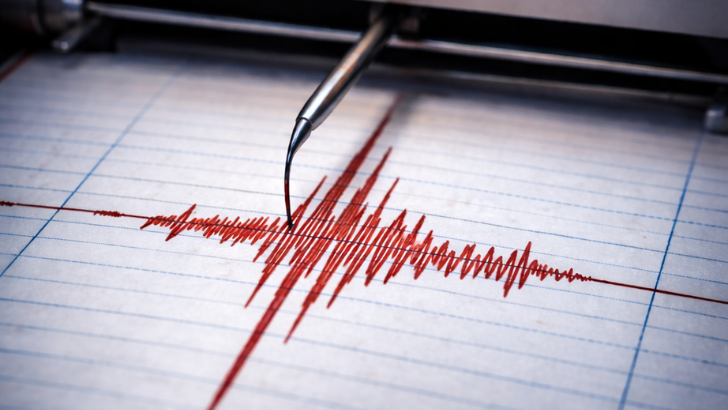
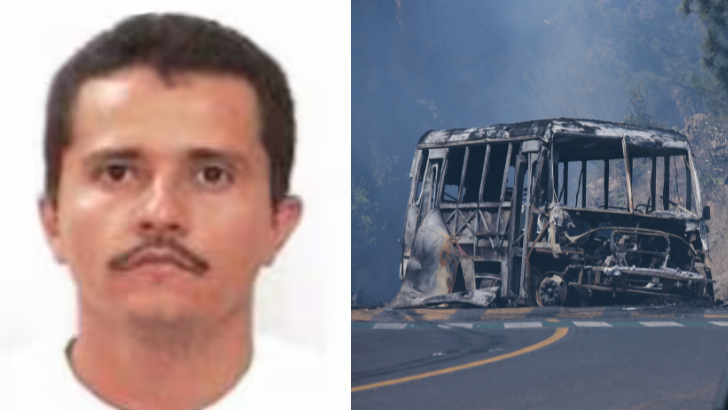
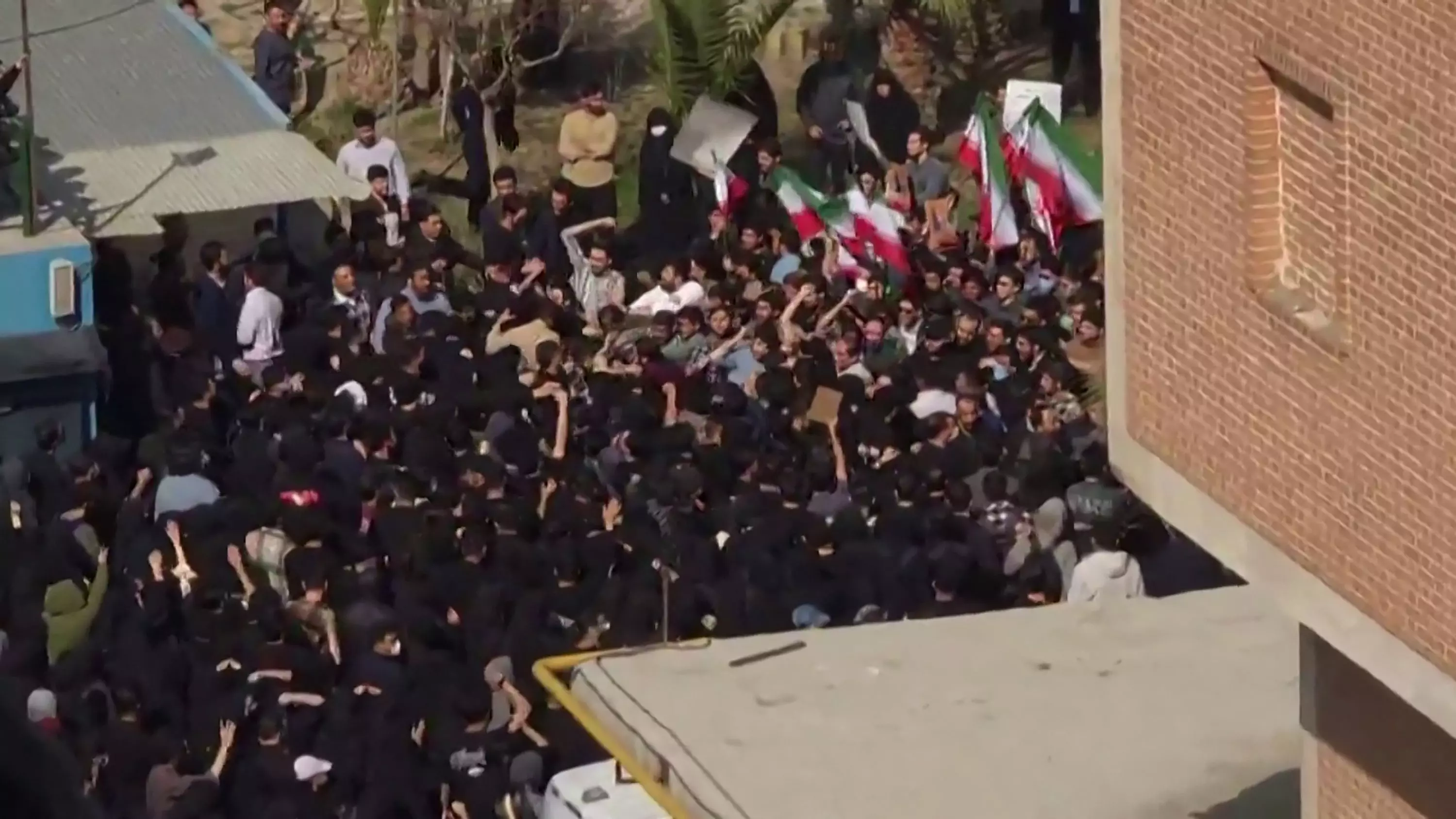

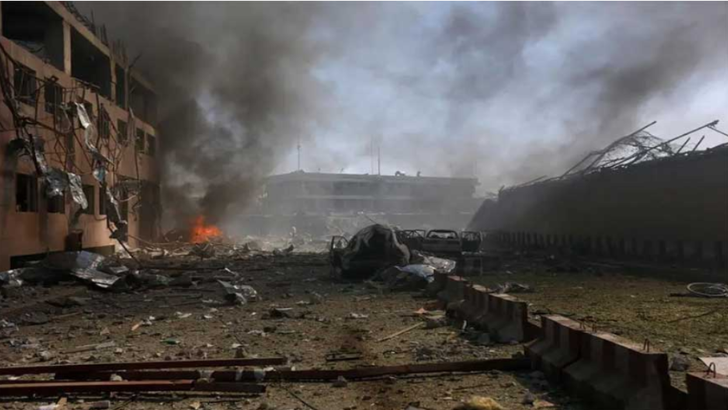

.png)
